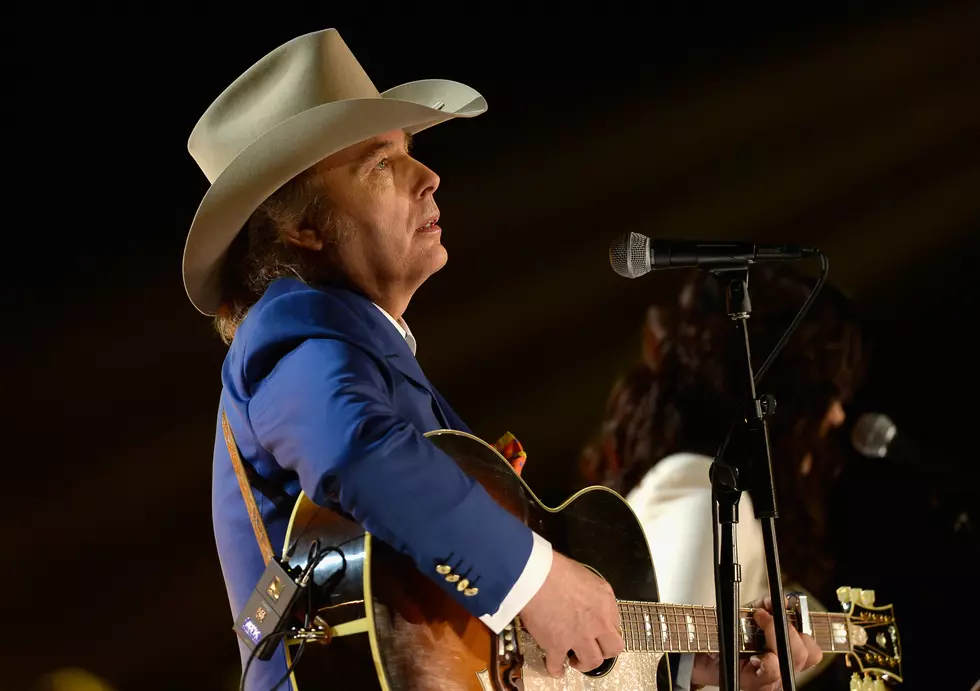
22 Years Ago: Def Leppard Clean Out Their Closet on ‘Retro-Active’
By the start of the '90s, Def Leppard had established themselves, not only as one of the world’s premier hard rock rock bands, but also one of its most unfortunate.
The fact that the British group survived the twin blows of Rick Allen’s horrific 1984 car accident (which resulted in the amputation of his left arm) and the heartbreaking, alcohol-related death of guitarist Steve Clarke in 1991 is remarkable enough. That they still managed to perform before millions of people and sell upwards of 20 million albums along the way, is nothing short of miraculous.
Just as miraculous is the patience displayed by Def Leppard fans, who stuck by the band throughout these travails despite being forced to wait as much as four or five years between studio albums. So as the quintet (now complemented by former Dio and Whitesnake guitarist, Vivian Campbell) came off the concert trail in support of 1992‘s Adrenalize towards the end of 1993, these fans were already digging in for what was bound to be a lengthy hiatus until the group’s next release.
Luckily, plans had already been set in motion at the band’s longtime label, Mercury Records, to ease the fans’ suffering during this waiting period, by emptying the vaults into a fascinating collection of lost tracks, B-sides, and studio outtakes that they aptly named Retro-Active. This proved to be quite the stocking-stuffer for long-suffering Leppard supporters, as it took them on a trip down memory lane with sounds and styles representing virtually all eras of the band’s constant musical evolution.
For old-school, New Wave of British Heavy Metal survivors, there was the blessedly metallic riff-mongering of "Desert Song," "Fractured Love," and "Ride Into the Sun." For Hysteria-period hysterics and Adrenalize acolytes, there were finely-coiffed pop metal gems like "She’s Too Tough," "Ring of Fire" and "I Wanna Be Your Hero." For the ladies, romantic ballads such as "Two Steps Behind," "Miss You in a Heartbeat" and "From the Inside" and, for bonus-track seekers, Leppard's collaboration with key influence Mick Ronson on "Only After Dark" and a cover of the Sweet’s "Action."
Yes, all of the material had been air-brushed and overdubbed, to a point, over the previous year, but the end results still amounted to an atypically diverse cross-section of Def Leppard’s career discography. It was “haphazard” and “unfocused” in the best possible way, so that virtually every fan faction got a little something of what they hankered for. In sum, Retro-Active was a winning proposition, by most every imaginable measure.
Perhaps the only negative outcome was that, by allowing Def Leppard to wipe their creative slate clean and put their personal traumas behind them, once and for all, Retro-Active also paved the way towards 1996’s controversial Slang LP, which saw them altering their sound almost beyond recognition, in a bold, even commendable, but ultimately ill-fated bid to stay current with changing music trends.
Of course, for a band that had been through so much tragedy, this setback was hardly worth worrying about; and after backpedalling slightly to their mainstream metal comfort zone with 1999’s Euphoria, Def Leppard has continued to thrive and even flourish unto the present day.
See Def Leppard and Other Rockers in the Top 100 Albums of the '90s
This Day in Rock History: October 4
More From 103.7 The Loon





![Foo Fighters’ Taylor Hawkins Drumming in 9th Grade [VIDEO]](http://townsquare.media/site/66/files/2015/08/Taylor-Hawkins-in-9th-Grade.png?w=980&q=75)




